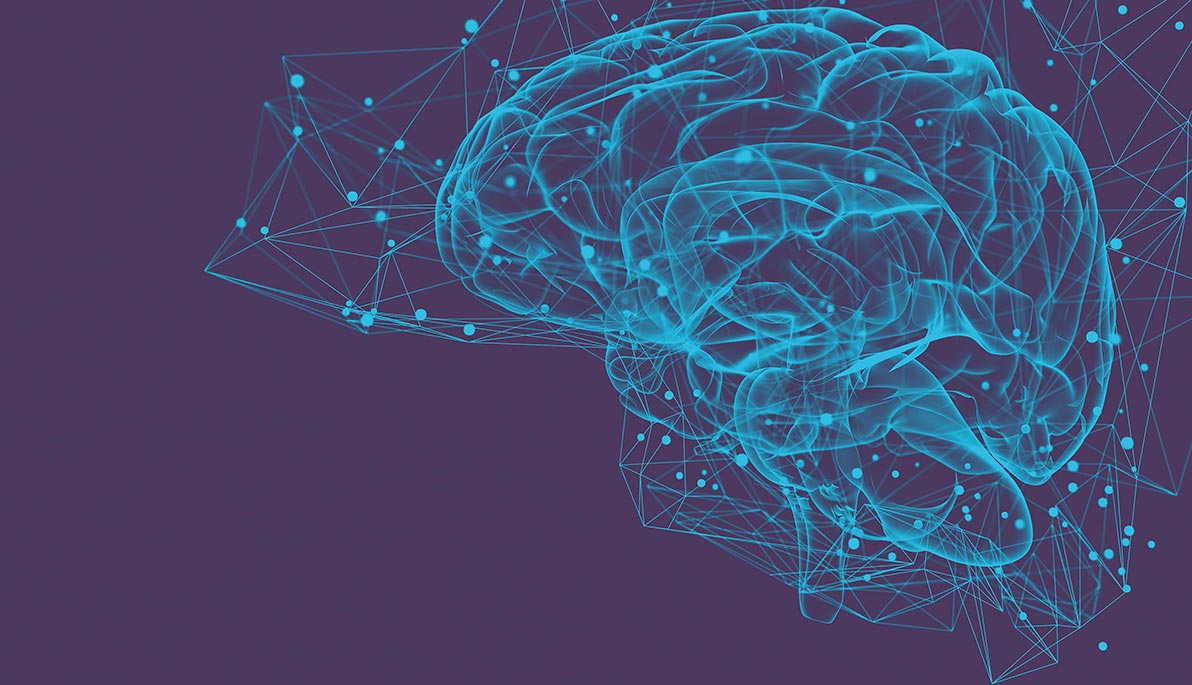
Children Experience Concussions Longer Than Adults
September 18, 2018
A heads up for parents of young athletes: researchers at NYIT Center for Sports Medicine have found that children under 13 years old experience concussion symptoms three times longer than older teens and adults.
The study, which published in the September 17 issue of The Journal of the American Osteopathic Association, also finds that keeping kids out of the classroom during recovery is not necessarily the best treatment.
As lead researcher Hallie Zwibel, D.O., director of the Center for Sports Medicine, notes, parents should know that concussion treatment has evolved in recent years, most notably with a major shift to promoting active recovery.
“It used to be thought that rest was best for a concussion. Kids were told to stay home from school and sit in a dark room for two weeks,” says Zwibel. “Now we encourage them to get back to school after two days and progressively get more active, so long as symptoms don't return or worsen.”
Zwibel’s research team also included Adena Leder, D.O., assistant professor of clinical specialties at NYIT College of Osteopathic Medicine (NYITCOM), Sheldon Yao, D.O., chair and associate professor of osteopathic manipulative medicine at NYITCOM, and Christina Finn, M.S., assistant professor of occupational therapy at NYIT School of Health Professions.
They also found that children with ADHD, depression, anxiety, and stress may be more vulnerable to prolonged concussion symptoms. The researchers hope their findings can help parents manage expectations and know their best options for treatment.
“It’s important for parents to understand that symptoms persist in kids for about four weeks on average,” says Zwibel. “This can be alarming and feel like a long time, especially when compared to adults, whose symptoms last closer to a week, but it is well within a normal recovery time.”
Researchers say rehabilitation has also proven effective for alleviating symptoms such as dizziness and changes in vision. Visual and vestibular exercises, which assist with balance and spatial orientation can help the brain to establish new neurologic pathways to regain function or to bypass disturbing signals.
While active recovery has developed as the standard of treatment, Zwibel says athletes should not compete while they are experiencing concussion symptoms. Brain swelling and death can result if an athlete receives a concussive blow while recovering from a previous concussion. However, getting young athletes to stay off the field during recovery remains a challenge, Zwibel noted.
“There’s not a good administrative structure to prevent an injured high school athlete from playing for another league,” says Zwibel. “At this point, parents are in the best position to prevent that and we strongly encourage them to follow return-to-sport protocols.”
Zwibel also encourages youth sports leagues to adopt and implement standardized return to play guidelines and seek medical providers’ input when establishing policies and practices.
More Features

An Alumnus’ Commitment to the Environment
As an energy management graduate from New York Tech’s Vancouver campus, Jasdeep Gulati (M.S. ’22) is highly invested in educating people about environmental and climate sustainability.

Vancouver Faculty Win University-Sponsored Research Awards in New Program
The new Global Impact Research Grant (GIRG) program has been developed to keep Vancouver-based faculty connected to faculty and research projects being conducted on the university’s New York campuses.

Studying Climate Change One Degree at a Time
Junhua Qu (M.S. ’24) began her collegiate journey in Beijing. But, her interest in climate change took her to New York Tech’s Vancouver campus to study energy management.
